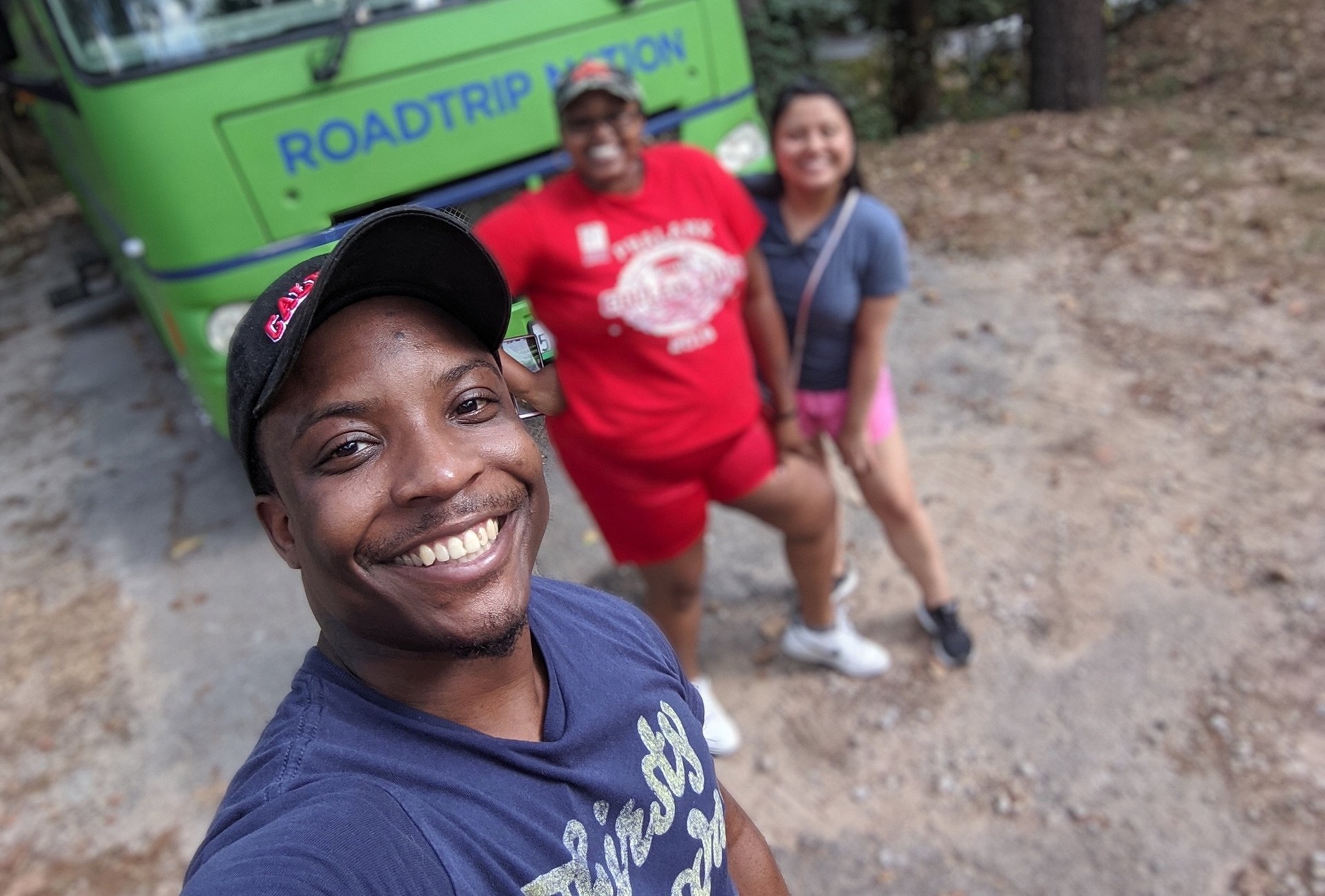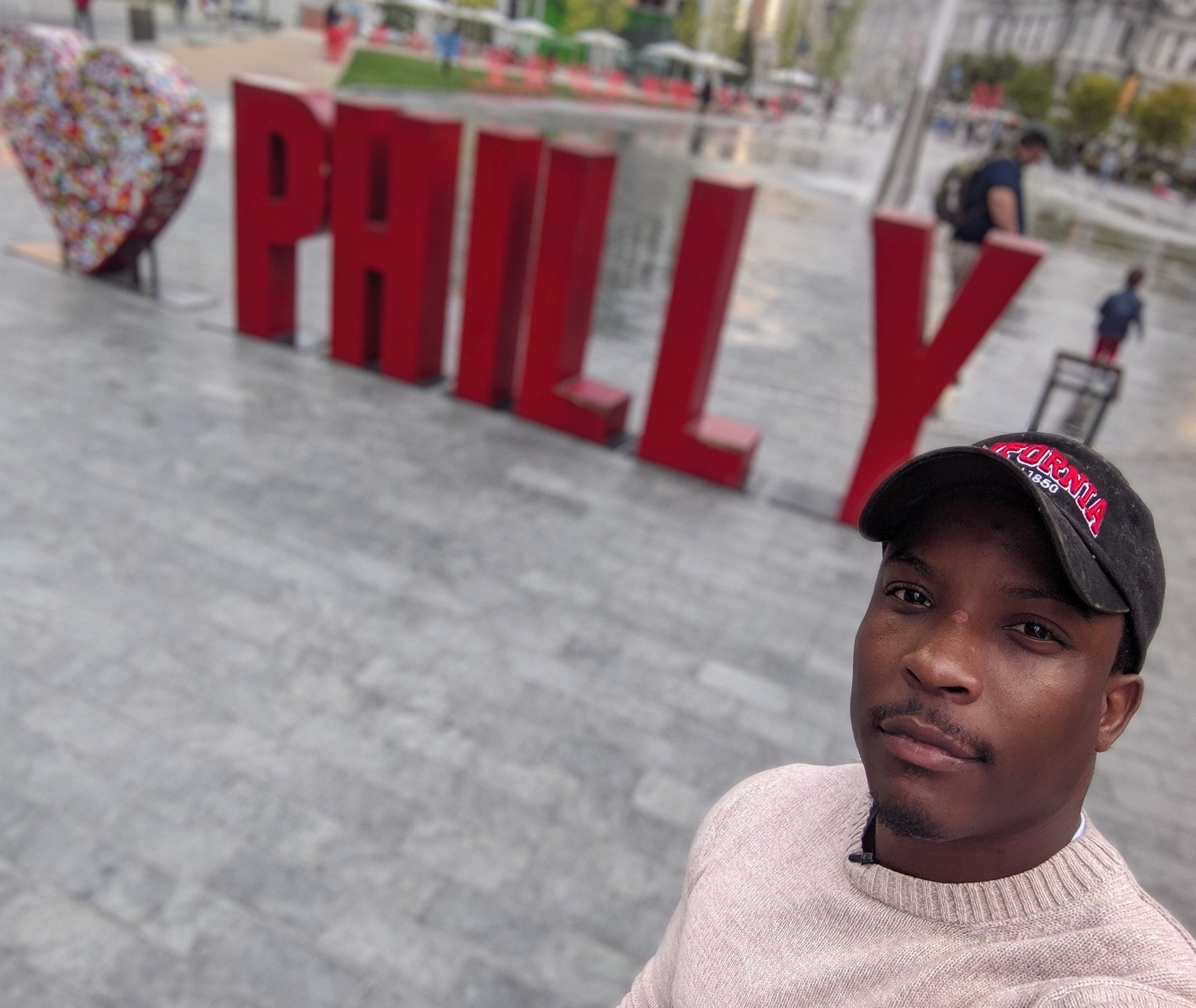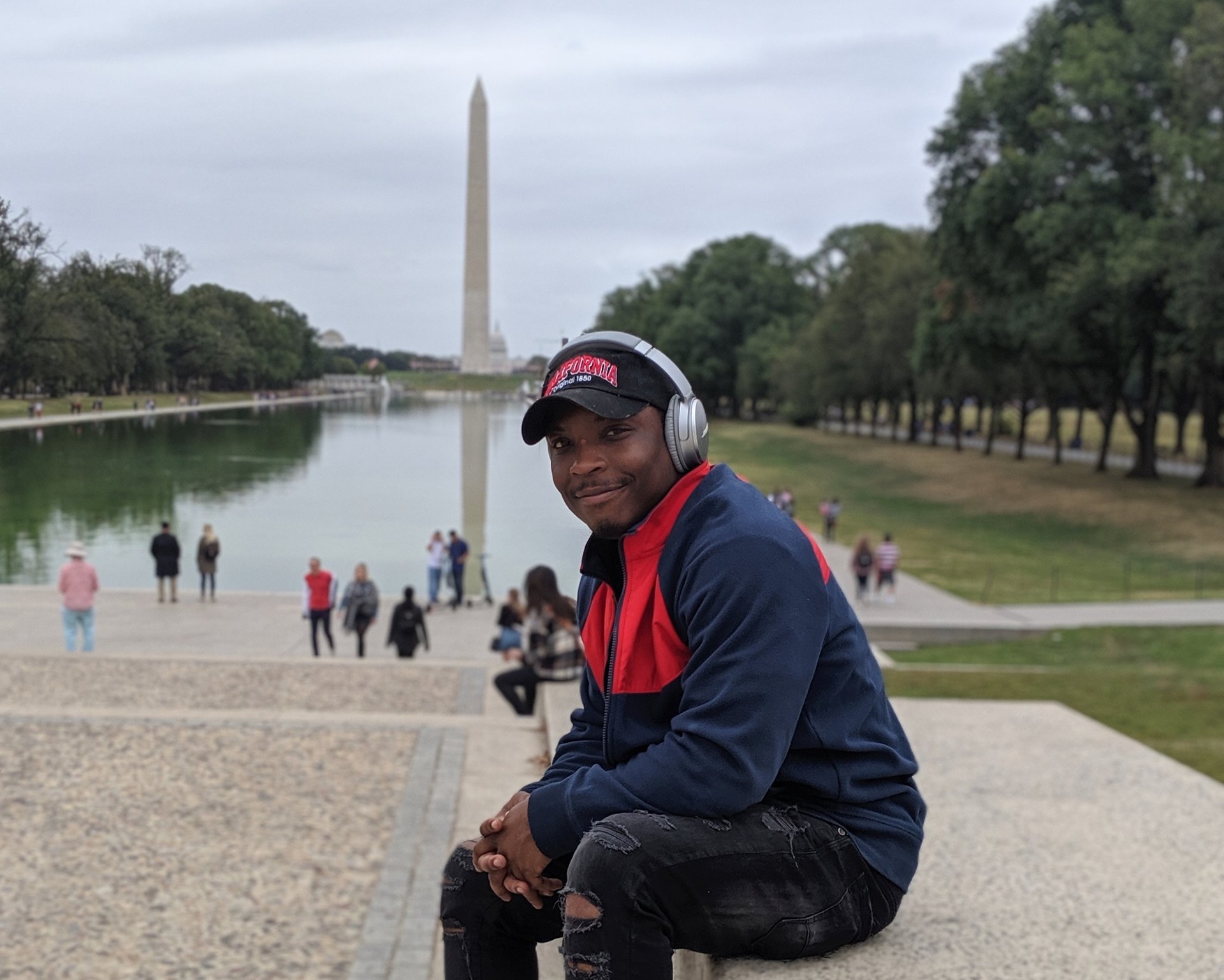Culture
How One 2Ute is Breaking Down Boundaries to Reach New Heights on RoadTrip Nation
Written by Vanessa Hotlosz on Aug 31, 2020
Related content: Diversity And Inclusion

Before he joined 2U in 2018, Taiheem Wentt embarked on a journey to transform his circumstances and future.
No stranger to adversity, Taiheem grew up in the foster care system and endured periods of domestic violence during his childhood, which contributed to his belief that opportunities were few and far between. But when he learned he would soon be a father, he found the motivation to make a change in order to support his new family. This determination led him to complete an IT workforce development program with Per Scholas, and that step paved the way to where he is today—here at 2U.
Fast forward two years and Taiheem’s drive is once again helping him reach new heights. He recently landed a one-of-a-kind opportunity with Roadtrip Nation. Taiheem was selected to be featured on RoadTrip Nation’s “To Be Determined” docuseries, where he and two other young people striving to break boundaries to move forward in their careers travel across the country to meet with CEOs, political campaign managers, and inspirational leaders—all from underprivileged backgrounds.
We sat down with Taiheem to learn more about his unique experience on Roadtrip Nation and how this opportunity has inspired him to continue excelling toward his goals.
How did you land the opportunity to be on Roadtrip Nation?
The opportunity to be on Roadtrip Nation came about shortly after I graduated from Per Scholas and began my career in IT. I actually received an alumni email that said, “Define your own path.” They were looking for those who may have gone through struggles in life or may have wanted to get to that next level and then not been able to. It kind of sung to me right away. I was like, this is a chance for me to be able to share my story with people and have them relate and hopefully, it will change their perspective.

The show follows the story of America's underserved communities and how they hold untapped potential to be future movers and shakers in the workforce. Do you have any thoughts on why sharing this message is important?
It is extremely important because, for years, minority and underserved groups have carried this sense of hopelessness and not being able to see that there are other options. You know, a lot of people that come from these neighborhoods feel like nobody can relate to them, that nobody has walked in their shoes. I just feel like there's not enough of us that are willing to speak out and share that story out of fear of being embarrassed or ashamed or ostracized from our colleagues. Once you do start working and getting into these industries, you can try to point others toward a URL and tell them, “Hey, check this out.” But at the end of the day, what has the most impact is a story that you can feel. This series is needed.
You traveled the country interviewing successful individuals living out their career goals. What was one piece of advice you heard that really resonated with you?
There were so many, but one piece of advice that really helped was, “If you want to go far, you go alone. But if you want to go fast, you go with people.” However, I like to flip it and think of it as, “It's not a race; it's a marathon.” And the way that we can encourage each other to go farther in that marathon is by sharing what worked for us, what worked to get us 60 feet ahead. In this age of oversharing on social media, stories like that still aren't told enough.
Do you have any goals you have set for yourself that were inspired by your time on Roadtrip Nation?
Oh, yeah. Besides trying out every major metropolitan city's special dish—because I thoroughly enjoyed the Philly cheesesteak—I want to travel. I want to get to a point where I can work remotely and go around the world to nice places and check out some of the sights and write about my experience. It's that feeling of being able to travel that keeps some of the mundane things in life less mundane. Before RoadTrip Nation, I had never traveled outside of New York. So, I was a bit apprehensive as to how I would be accepted and how my story would be accepted. It completely blew my mind because the people I met were giving me life lessons, and we have lived completely different lives.

If you could give any guidance to those who come from backgrounds where social mobility can be difficult, what would it be?
Don't you get tired of talking about problems every day? If you're surrounded by the problems that you're in, then an obvious solution would be to change the environment. But if the environment that you're in is built to keep you down, the next best thing that you can do is not take the advice from the people to the left and the right of you. Even though they are going through the same thing, and there is that sense of empathy, you need someone that's been through it and made it to the other side. Look for a mentor.
So I would definitely say if you can travel and expand your mind, do it. Don't be afraid to learn something new. People fear what they don't know. That fear is what originally has kept people safe. In a lot of these neighborhoods, like where I grew up, we had to be on point every day and always look over our shoulders. But that taught us not to trust anything and anyone or any new process. Let’s try something different.
What is one lesson you learned through your conversations on the road that you believe is important for workforce leaders to hear today?
To all my leaders reading, the standard idea of professionalism takes away the humanity of your employees. We focus so much on being professional that we forget that we work together as humans. Then, unsurprisingly, employees get burnt out, and it's not because the work is too hard or not interesting enough for them. It's the same way in a marriage, if you don't show appreciation toward one another, then that fire is going to fade. Yes, you have to be a professional as a leader. Yes, you have to be able to compartmentalize and be able to leave things at the door. But I think one of the major things COVID has taught us is that we all just need to slow down and care a little bit more.
We heard that your experience on Roadtrip Nation inspired you to pursue more learning opportunities. What’s next for you?
So right now, I'm looking into courses on becoming a CRM admin. I use Salesforce everyday for my job. Salesforce is a combination of everything that I already know how to do, but I am interested in figuring out how this application can get a goal from point A to point B, and where we can automate. Why not work smarter, not harder?